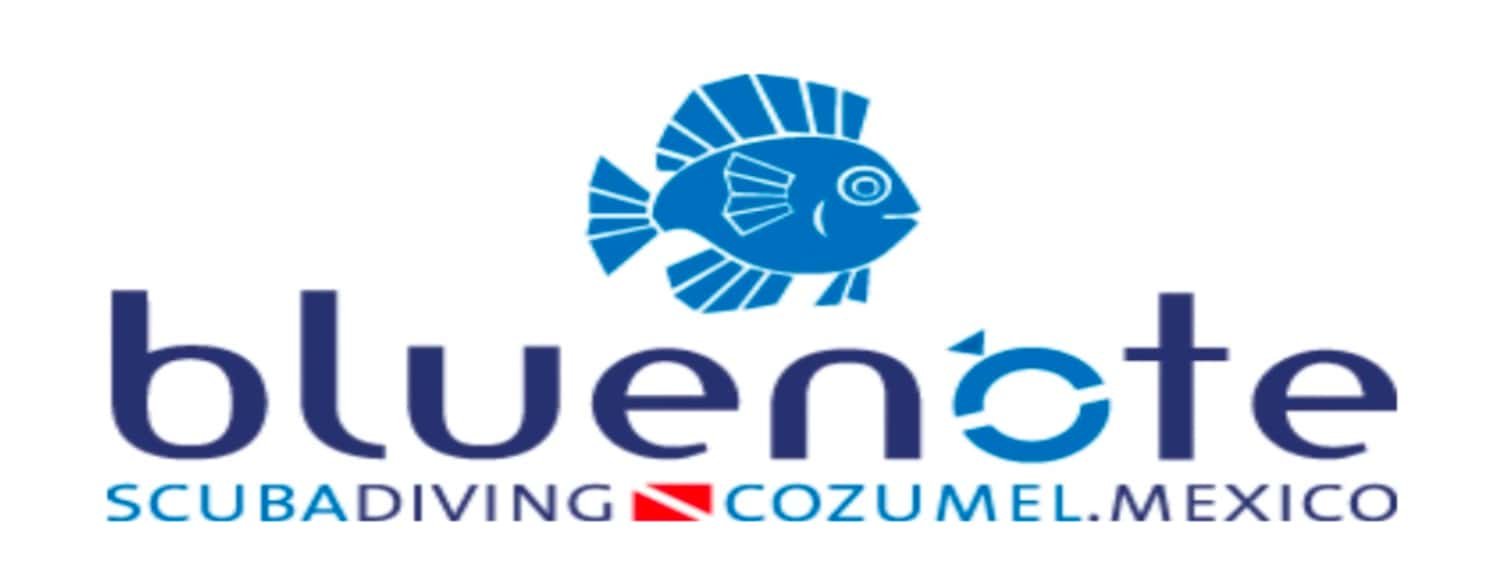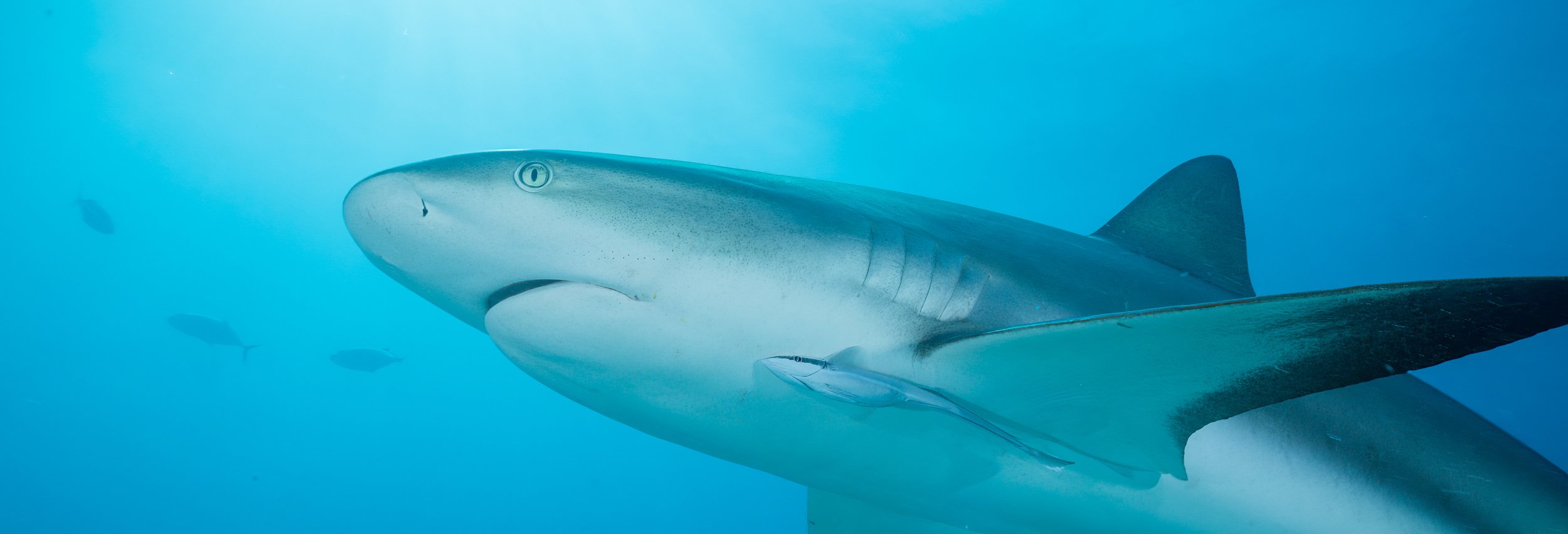Shark Feeding in Scuba Diving: Weighing the Pros and Cons
In the vast, blue expanses of the ocean, sharks glide with an elegance that belies their fearsome reputation. These creatures, often misunderstood and misrepresented, are pivotal to marine ecosystems. As interest in ecotourism and marine life conservation grows, shark feeding during scuba dives has become a popular yet controversial practice. While it offers certain advantages, including educational and economic benefits, the practice also raises significant ecological and ethical concerns. Here we explore both sides of this debate.
Advantages of Shark Feeding
Boosting Local Economies
One of the most tangible benefits of shark feeding dives is the economic boost it provides to coastal communities. Regions known for shark diving, such as Fiji, the Bahamas, and parts of Australia, attract thousands of tourists each year. These tourists not only pay for diving experiences but also contribute to the local economy through accommodations, dining, and other travel-related expenses.
Educational Value
Shark feeding dives offer a unique opportunity for direct wildlife encounters. For many, these experiences are transformative, altering their perceptions of sharks as mere predators to recognizing them as an integral part of the marine ecosystem. Educational programs accompanying these dives can effectively communicate the importance of sharks in oceanic food chains and their current threats, such as overfishing and habitat loss.
Conservation Funding
Some of the revenue generated from shark-centric tourism can be funneled back into conservation efforts. This includes funding for marine protected areas, shark research, and public awareness campaigns. By valuing live sharks, communities might be dissuaded from unsustainable practices like shark finning.
An exemplary case of shark feeding being used to promote conservation is found in Beqa Lagoon, Fiji with their Fiji Shark Dive. Here, regulated shark-feeding practices have been part of a comprehensive strategy to boost both local tourism and marine conservation. The revenue from these shark diving operations has significantly contributed to the establishment and maintenance of a large marine protected area within the lagoon in cooperation with the local villages. This initiative has led to a noticeable rejuvenation of the ecosystem, with a marked increase in the diversity and abundance of marine life. By channeling the funds obtained from these adventurous encounters back into the environment, Beqa Lagoon showcases how tourism and conservation can work hand in hand, creating a sustainable model that other regions might look to emulate.
Disadvantages of Shark Feeding
Behavioral Changes in Sharks
A primary concern with shark feeding is its impact on the natural behaviors of sharks. Regular feeding by humans can alter the sharks' feeding patterns, making them overly reliant on human-provided food sources. This can affect their role as apex predators and disrupt the natural balance of the ecosystem.
Safety Risks
Feeding sharks can increase the risks of accidents and injuries. Although rare, the presence of food can lead to unpredictable behavior, potentially endangering both the sharks and participants. This practice might also inadvertently teach sharks to associate humans with food, a linkage fraught with potential dangers.
Impact on Natural Food Webs
Artificial feeding can lead sharks to neglect their natural hunting instincts, which can have cascading effects on the food web. For example, the reduced predation pressure can lead to an overabundance of prey species, which in turn may affect other linkages in the ecosystem.
Ethical Concerns
There are ethical implications to consider. Manipulating shark behavior for entertainment or commercial gain can be seen as exploitative. It also raises questions about the respect and dignity we owe to wild animals.
Shark feeding dives present a paradox. On one hand, they offer significant opportunities for education, economic gain, and potentially even conservation. On the other, they risk altering shark behaviors, endangering both sharks and humans, and disrupting marine ecosystems. As this practice continues to gain popularity, it is essential that it be carefully managed with robust regulations and guided by sound scientific research. Moving forward, the goal should be to ensure that such interactions are conducted in a way that prioritizes the welfare of the sharks and the health of the marine environments they inhabit. The balance between human interest and ecological integrity remains a delicate one, necessitating a thoughtful approach to wildlife tourism and conservation strategies.
In contrast to places like Beqa Lagoon, here in Cozumel, we take a different approach to marine interactions. At Blue Note Scuba, we pride ourselves on offering natural shark watching experiences without the use of bait or feeding. This practice aligns with our commitment to maintaining the integrity of marine life and its natural behaviors. We invite you to visit us at Blue Note Scuba to experience these magnificent creatures in their unaltered state and to explore the stunning underwater world of Cozumel, a true diver’s paradise.




